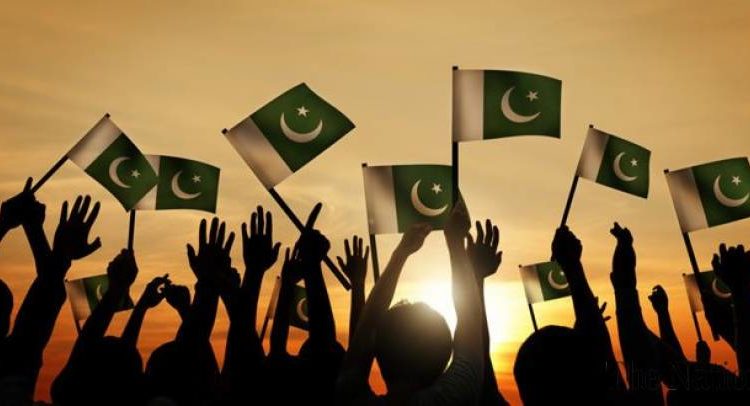OUR CORRESPONDENT
ISLAMABAD: PILDAT President Ahmed Bilal Mehboob in a letter has urged, Leaders of various Political Parties in Pakistan to select a greater number of young candidates for the upcoming general election. The letter addressed to the heads of Pakistan Tehreek-e-Insaaf (PTI), Pakistan Muslim League-Nawaz (PMLN), Pakistan Peoples’ Party Parliamentarians (PPPP), Pakistan Peoples’ Party (PPP), Jamiat Ulema-e-Islam Pakistan (JUIP), Muttahida Quami Movement Pakistan (MQMP), Jamaat-e-Islami Pakistan (JIP), Awami National Party (ANP), Balochistan National Party-Mengal (BNP-M), Tehreek Labbaik Pakistan (TLP) and National Party (NP) carried the statistics of young candidates fielded by these parties in the last General Election of 2018 and pleaded with them to increase the number of Young Candidates for National and Provincial Assemblies in the coming elections.
In his letter, he presented the study of the 2018 General Election conducted by PILDAT and shared the number of young candidates fielded by each party in the 2018 election. According to the study conducted by PILDAT, TLP fielded the highest percentage of young candidates in 2018 with a total to 537 candidates for the National Assembly and the four provincial assemblies out of which 194 (36%) candidates were of the age group of 25-35 years. NP fielded 46 out of which 9 (20%) fell in the age bracket of 25-35 years making NP the party with the second highest percentage of young candidates. Pakistan Peoples’ Party and Pakistan Peoples Party Parliamentarians collectively fielded 727 candidates on national and provincial assembly constituencies out of which 122 (18%) belonged to the age group of 25-35 years. MQMP fielded 166 candidates out of which 29 (17%) were in the age group of 25-35 years. Muttahida Majlis-e-Amal (MMA), which included JUlP, JIP, and some other religious parties, had fielded 484 candidates for national assembly and all four provincial assemblies out of which 84 (17%) were of 25-35 years. PTI had fielded 778 candidates for the National Assembly and Four Provincial Assemblies out of which 129 (17%) fell in the age group of 25-35 years and PML-N had fielded 646 total candidates, out of which 86 (13%) were in the age group of 25-35 years.
Considering that the number of registered voters between the ages of 18-35 years is 44% of the total registered voters, the political parties must give adequate representation to the youth so that the youth’s participation in the electoral process can be increased and the youth can be engaged in the political process of Pakistan, PILDAT letter stated.
PILDAT has been expressing its deep concern that the average turnout of young voters for the past eight general elections from 1988 to 2018 is around 31% which is considerably lower than the average overall voter turnout of 45%. PILDAT thinks that the apathy of young voters may lead to serious consequences as they may be attracted to non-democratic radical ideologies. It is therefore extremely important that young voters are engaged in the electoral process by fielding a greater number of young candidates for National and Provincial Assembly elections in 2024.
